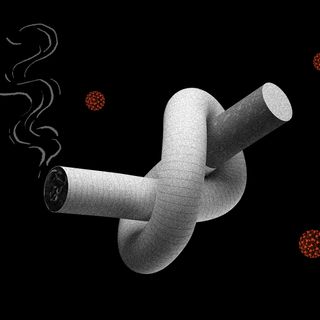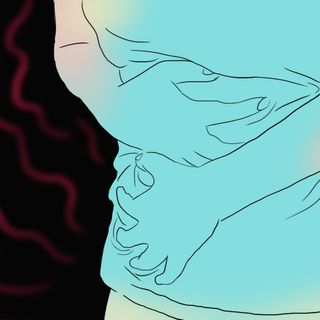A study has found that individuals exposed to early life stress, or ELS, such as trauma and violence, were 2.5 times more likely to develop a major depressive disorder, or MDD, in childhood or adolescence, than children who don’t experience ELS.
Published in the Journal of the American Academy of Child and Adolescent Psychiatry, the study is a meta-analysis of data from 62 journal articles involving over 44,000 unique participants. “Researchers have documented that early life stress increases the risk for developing depression in adulthood. We wanted to know the degree to which it was associated with depression earlier in life — specifically during childhood or adolescence,” Professor Joelle LeMoult, Asssitant Professor at the University of British Columbia, who specializes in stress, depression and anxiety, and is the lead author of the study, said.
But, the study noted that not all types of ELS result in youth-onset depression. Having conducted separate meta-analyses for different types of ELS, the researchers found that ELS like sexual abuse, physical abuse, death of a family member, domestic violence, or emotional abuse, significantly increased the risk of youth-onset MDD. Meanwhile, poverty, illnesses and injuries, or exposure to natural disasters, did not appear to play a role in the development of MDD in childhood or adolescence.
Related on The Swaddle:
Children’s Loneliness Has Long Term Mental Health Impact, Says Study
MDD, or clinical depression, is associated with long-term adverse consequences, including social and economic hardship, and poorer physical health. In addition, the researchers stated that early-onset MDD is also associated with an increased risk for substance abuse, bipolar disorder, high-risk sexual behaviors, and even suicide. According to Professor LeMoult, “earlier onsets of depression often mean a more recurrent course across the lifespan.”
“We found that exposure to early life stress more than doubled the likelihood someone will develop youth-onset depression. These findings indicate that there is a narrow window between adversity and depression during which we have the opportunity to intervene,” Professor LeMoult concluded emphasizing on the importance of identifying factors that contribute to youth-onset MDD, in a bid to ensure a better, healthier future.




